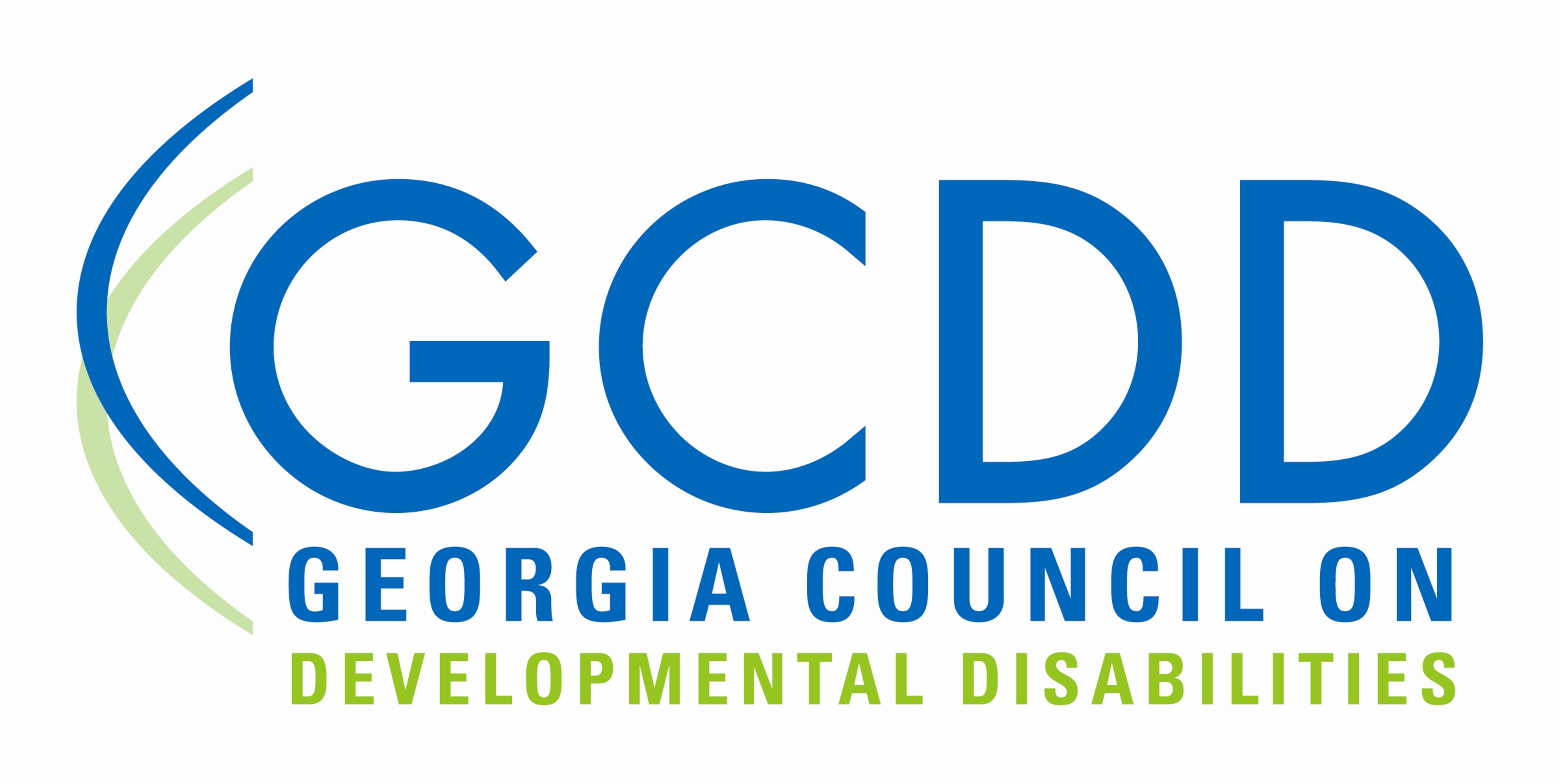Since the start of 2023, I’ve been proud to serve as the Director of Education for Global Village Project (GVP), a nonprofit school for refugee girls in Decatur, GA. Our 45 students come from all over the world–Afghanistan, Burma, Central African Republic, Chad, Democratic Republic of Congo, Eritrea, Guatemala, Rwanda, Sudan, and Syria. They are funny, smart, resilient, caring, kind, and curious. Each of our students has had her life–and her education–interrupted by war, conflict, and displacement. Each student is working everyday to bring together her life and language from her home country into her new life in the U.S.
As educators and Restorative Justice practitioners, we understand that interpersonal conflict is a normal part of life in schools. When our GVP students inevitably experience conflict with each other, the struggle to repair connection can be made more complex by differences in language and culture, in approaches to harm, in experiences of racialization and access, and even by preexisting conflicts in students’ home countries. Of course, our students also have conflicts familiar to any American middle school setting—gossip, jealousy, teasing, exclusion—conflicts that erode the sense of belonging we have worked to build among our students. At GVP, we believe that students who have been historically marginalized from formal educational environments need to feel connected and seen as a prerequisite to their academic success. We take the work of repair seriously so that our students can be ready to learn and grow their academic skills–so they can be fully prepared to realize their educational dreams.
After a particularly fraught season of conflict, in February 2023, our Form 2 (7th grade) students took a trip from Decatur to Athens to engage in a day-long retreat led by GCC Director Danny Malec. There, our students got to dive deep into their relationships with each other, and to expand their communicational repertoires. Spending time at the Georgia Conflict Center equipped our students with the skills to better understand themselves and their relationships with each other, and our teachers felt that they emerged from the experience better prepared to repair with each other. Several of our teachers also enrolled in the GCC’s Restorative Practices introductory course. We were learning a lot as individuals, but we wanted to do more to deepen and strengthen our schoolwide RJ program in a way that would attend to the structures and processes of the school as a whole.
In the summer of 2023, as we prepared to embark on a new school year, we invited Danny to GVP to lead our Restorative Justice Committee in a three-day deep-dive retreat to examine our intentions and goals for restorative work. We created measurable goals and an action plan for each of them: To include and educate students about the ethic and practice of Restorative Practices; to develop a Peace Leaders program to foster peer-led responses to conflict; to develop a better process for documenting conflicts and sharing the work of facilitating repair; and to involve parents and families more intentionally in Restorative work. With Danny’s guidance, we came up with an actionable plan that was true to our GVP values while pushing us to be the organization we most want to be. Critically, Danny’s work with us has allowed us to embed RJ into the new foundation we are building as we look into our school’s future.
We’ve since traveled back to Athens with students to reflect on what we’ve learned together; we always love to visit with our GCC community and to spend time learning and growing our practices together. But by far the biggest gift the Georgia Conflict Center has given us has been the roadmap to building our internal RJ program in ways that are true to us, and true to our students. We’ve gone from asking each other “What would Danny say?” in particularly confusing or complex moments, to being able to guide each other in the work with confidence and curiosity. We are forever grateful for our partners at GCC for this gift, and are proud to work alongside them to build a better, more compassionate and reparative world together.























